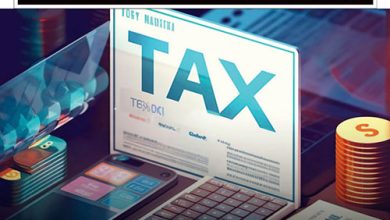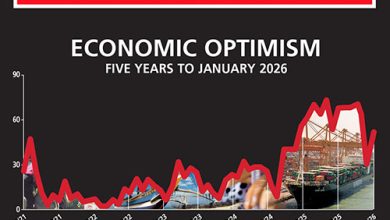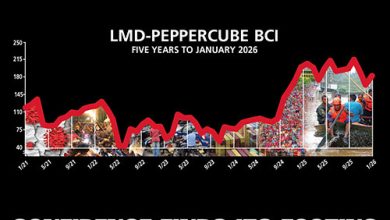BUSINESS SENTIMENT

The Central Bank of Sri Lanka’s most recent Purchasing Managers’ Index (PMI) reveals that the nation’s manufacturing sector recovered in January with the index gaining ground from 58.1 in December to 58.7 a month later.
CONFIDENCE CONTINUES TO HOLD
A resilient corporate sector shows no signs of wavering amid multiple crises
However, the ongoing shortage of foreign exchange continues to undermine this recovery, the monetary authority notes, as manufacturers face delays in sourcing raw materials.
This dichotomy possibly explains the slight improvement in business sentiment despite the roadblocks that the engine of growth continues to have to navigate.
 THE INDEX The BCI edged up by two basis points from the previous month to register 124 in February, which represents a 10 month high. This means that the unique index is four notches higher than a year ago and a healthy 15 points above its 12 month average of 109.
THE INDEX The BCI edged up by two basis points from the previous month to register 124 in February, which represents a 10 month high. This means that the unique index is four notches higher than a year ago and a healthy 15 points above its 12 month average of 109.
As for other comparisons, the BCI is now only two points shy of its all-time average (126) and it has gained momentum since the pandemic surfaced in early 2020 – in April that year for example, the index stood at 93, and it hovered at around the 90 mark when the second and third waves of COVID-19 induced lockdowns and ‘travel restrictions’ took effect.
In fact, this is the third month in succession that the barometer has headed north – despite the state of the economy, the forex crisis, ongoing shortages of essentials and an on-off power scenario.
NielsenIQ’s Director – Consumer Insights Therica Miyanadeniya explains: “In spite of rising COVID-19 cases, life seems to go on. Businesses and the people are learning to live with the virus, it seems; and the fear that it commanded in the past has diminished.”
And as she notes, “inflation has taken over from the fear of COVID-19.”
SENSITIVITIES As far as the economy is concerned, leave alone the homegrown bad fruits that hang in the balance, there’s the daunting prospect of global shocks – including the already spiralling price of fuel (which will only exacerbate an unprecedented forex crisis) and the cold war surrounding the Ukraine-Russia-West standoff turning into a minefield that will have oil and other markets across the world running for cover.
And of course, there’s yet no real light at the end of the COVID-19 tunnel with variants such as Omicron continuing to keep even the experts guessing as to when we will see an end to the chaos that grips the world.
PROJECTIONS In the February edition of LMD, we asserted that “the business community may well be taking a longer-term view but it has to be said that until there’s a revival of Sri Lanka’s economy and an easing of the restrictions that the forex crisis has necessitated,” this level of confidence will be hard to maintain.
And we’re inclined to say the same this time around as there’s a limit to what degree such resilience can hold.
On the other hand, the business community may continue to adopt a longer-term stance if at the very least, there’s a resolution to the forex crunch in sight – and for that to materialise, there’s a collective call for debt restructuring measures to be adopted.





